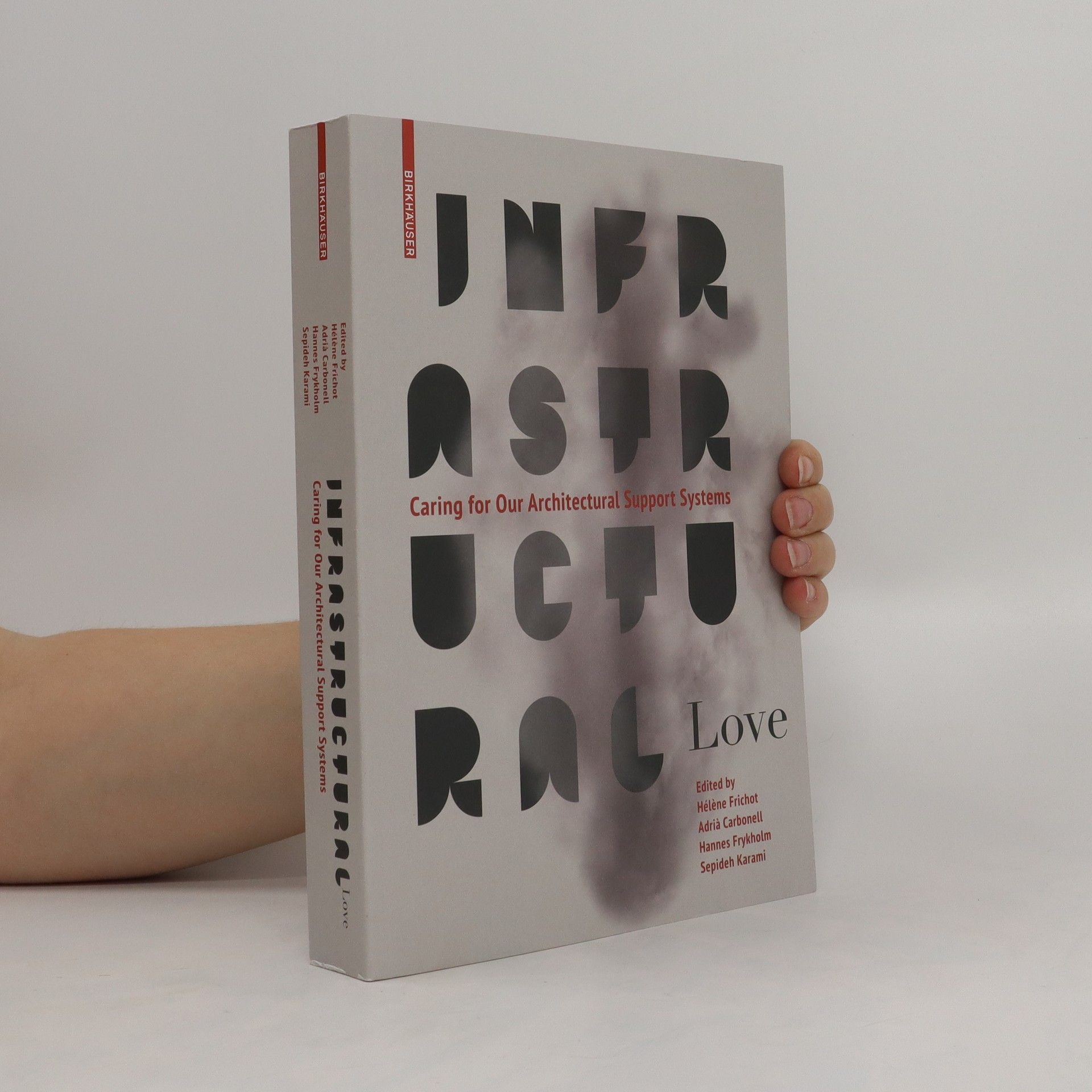Creative Ecologies
- 264 Seiten
- 10 Lesestunden
Architect and philosopher Hélène Frichot examines how the discipline of architecture is theorized and practiced at the periphery. Eschewing a conventionally direct approach to architectural objects – to iconic buildings and big-name architects – she instead explores the background of architectural practice, to introduce the creative ecologies in which architecture exists only in relation to other objects and ideas. Consisting of a series of philosophical encounters with architectural practice that are neither neatly located in one domain nor the other, this book is concerned with 'other ways of doing architecture'. It examines architecture at the limits where it is muddied by alternative disciplinary influences – whether art practice, philosophy or literature. Frichot meets a range of creative characters who work at the peripheries, and who challenge the central assumptions of the discipline, showing that there is no 'core of architecture' – there is rather architecture as a multiplicity of diverse concerns in engagement with local environments and worlds. From an author well-known in the disciplines of architecture and philosophy for her scholarship on Deleuze, this is a radical, accessible, and highly-original approach to design research, deftly engaging with an array of current topics from the Anthropocene to affect theory, new materialism to contemporary feminism.

